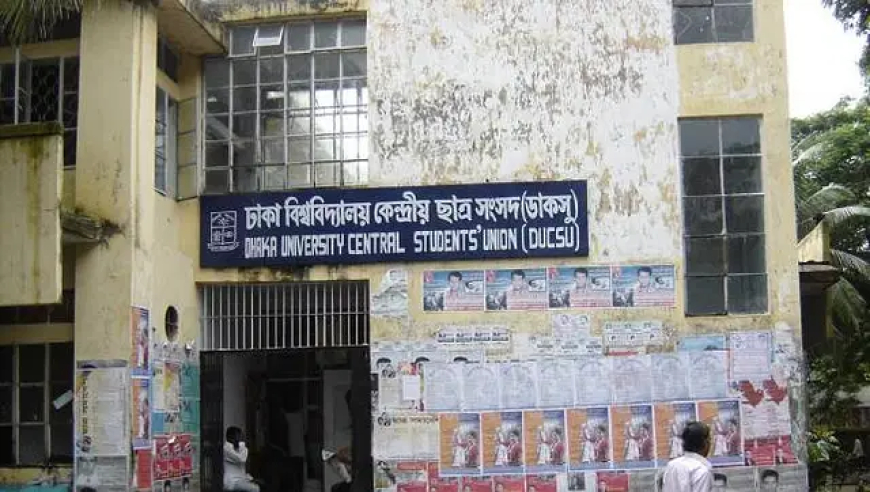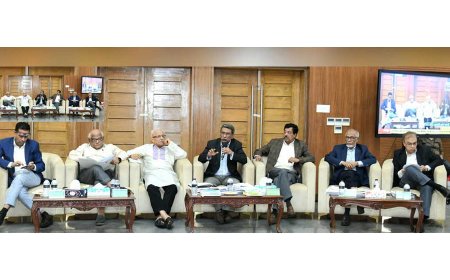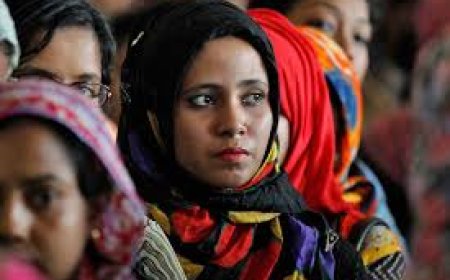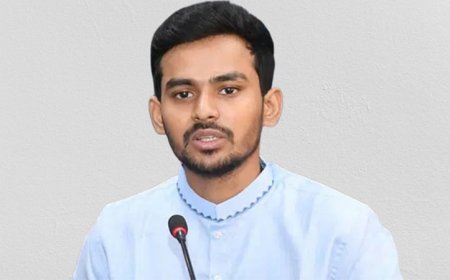The DUCSU elections are currently a topic of discussion
The DUCSU elections are currently a topic of discussion

Discussions regarding the Dhaka University Central Students' Union (DUCSU) elections have resurfaced following the fall of the Awami League government in a student-led uprising. All student organizations are now calling for the DUCSU elections to be held. However, some groups, including the Jatiyatabadi Chhatra Dal (JCD), have demanded reforms to the DUCSU constitution before the elections can take place.
In response, the Dhaka University administration formed a seven-member committee to amend the DUCSU constitution. The committee held its first meeting on January 1 and, on January 22, sent out letters to 22 student organizations active on campus, requesting their input on the proposed reforms. Initially, the deadline for submitting feedback was set for January 8 but was later extended to January 14.
By the extended deadline, seven student organizations, including Chhatra Federation and Islami Chhatra Shibir, submitted reform proposals. The suggestions included calls for a more balanced distribution of power within the DUCSU constitution. Some organizations also proposed that the Vice Chancellor of DU, who serves as the president of DUCSU, should not have executive authority over its operations, and that the elected members should have full decision-making power. Additionally, the proposed reforms include making the DUCSU election a fixed "calendar event," revising the age limit for candidates (currently capped at 30 years), and renaming several secretarial posts.
Saifuddin Ahmed, a member of the DUCSU constitution amendment committee and the university’s proctor, told Prothom Alo that the committee is gathering input from all stakeholders. The committee plans to compile the recommendations and submit a report to the Vice Chancellor as soon as possible.
As of January 14, the JCD had yet to submit its proposal. JCD's central general secretary, Nasir Uddin, stated that the DUCSU election should be held only after the constitution is amended and confirmed that their proposal would be submitted shortly.
Meanwhile, Shibir’s DU unit president, SM Farhad, expressed a desire for the DUCSU elections to take place by February. He stated that the constitution could be amended within January if the university administration is willing.
The last DUCSU election, held in 2019, was highly controversial, with allegations of irregularities and manipulation. In that election, Nurul Haque from the Sadharan Chhatra Odhikar Sangrakkhan Parishad was elected Vice President, and Akhtar Hossain from the same panel was elected Social Welfare Secretary. The remaining 23 positions were taken by candidates from the ruling Awami League’s student wing, Chhatra League.
Under the Dhaka University Ordinance of 1973, five DUCSU representatives are supposed to serve as members of the DU Senate. However, the Senate currently has no student representatives.
Before 2019, the DUCSU election had not been held since 1990 due to political interference and government opposition. Many student organizations now believe the current political climate offers an opportunity to revive the DUCSU elections.
Ragib Naeem, the central president of a faction of the Chhatra Union, called for immediate amendments to the DUCSU constitution and swift elections.
During the July movement, the Anti-Discrimination Student Movement (SAD) issued a nine-point demand, including the activation of student unions and banning partisan student politics. While some groups, including JCD, opposed this demand, no objections were raised publicly at the time. Following the fall of the Awami League government on August 5, debates around banning partisan student politics resurfaced. In response, the university formed a special committee in November, led by retired Supreme Court Justice Md Abdul Matin, to address the nature of student politics at DU. The committee met with student organizations on December 10, where the topic of DUCSU elections was discussed.
Saima Haque Bidisha, the DU Pro Vice Chancellor for administration, told Prothom Alo that decisions regarding the DUCSU elections would be made after considering the recommendations of both the DUCSU constitutional amendment committee and the committee on student politics.
On December 4, SAD organized a meeting with 30 student organizations, in which they reached a consensus that DUCSU elections and student union elections across the country should be held between the last week of January and the first week of February.
While Shibir attended the meeting, JCD and several left-wing organizations did not. A separate meeting held on December 5 by JCD and left-wing groups discussed the DUCSU constitution and elections but did not set a timeline for the elections. Leaders of JCD and left-wing organizations have accused SAD of trying to create political figures for national politics by pushing for the elections to be held quickly, suggesting a possible alliance between SAD and Shibir. However, both SAD and Shibir have denied these claims, stating their push for elections is in the best interest of the students.
In 1990, the DU Paribesh Parishad, a student platform, reached an agreement to ban Shibir and the Chhatra Samaj (the student wing of Ershad’s Jatiya Party) from campus politics. Although meetings had been held by the Paribesh Parishad before August 5, no meetings have occurred since the political shift. Many student organizations now allege that the current university administration has sidelined the Paribesh Parishad to allow SAD and Shibir to gain more influence.
A senior DU teacher with ties to the administration explained that the Paribesh Parishad is not a legally recognized body, and there is no obligation to keep it operational.
In early January, some students protested on campus demanding a clear roadmap for the DUCSU elections. Abu Baker Majumder, former coordinator of SAD, expressed hope that student union elections would take place in DUCSU and other universities during the interim government’s tenure, emphasizing the importance of fostering young leadership after the fall of the previous regime.
What's Your Reaction?





















































































